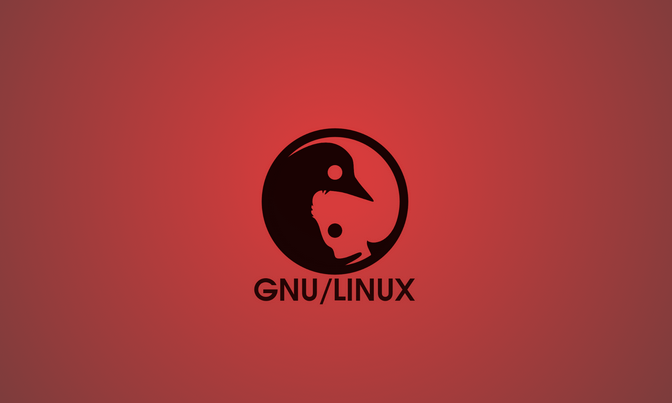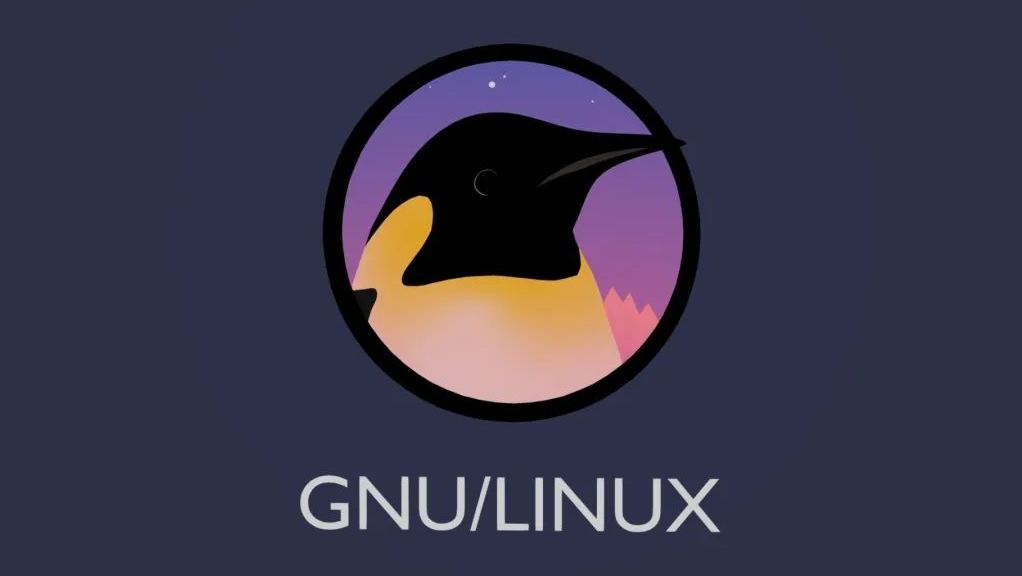
You are interested in Linux and have read some blog posts. Among them, you find an interesting name: GNU/Linux. What do these letters mean, and why do people always associate them with Linux?
This question may seem simple, but the answer has sparked controversy that has existed in the Linux world for decades.
GNU/Linux is the name of a free and open source operating system, often referred to as "Linux".
The terms "GNU/Linux" and "Linux" are used interchangeably when used to refer to general-purpose operating systems. However, creating a fully functional operating system requires many different components. Arguably, there are more parts of GNU than Linux in GNU/Linux, which is why what to call this operating system is not as simple as it sounds.
Let’s go back to the 1980s, when the computer industry was in a period of transformation. A Supreme Court case involving Apple has ruled that binary programs (software that is directly executable as opposed to source code) can be protected by copyright. A few years later, Microsoft released the Windows operating system, which changed the way people interacted with software.
Before software began to be copyrighted and targeted for commercial gain, most software was used primarily by researchers and academics. Computer code is shared publicly and people can use the programs freely. However, with the advent of various restrictions, actions that were previously performed freely became illegal.

So an organization called the Free Software Movement was formed. In 1983, Richard Stallman announced a plan to create a completely non-proprietary Unix-compatible operating system. He called it the GNU Project, and the announcement can still be found on GNU.org.
GNU is a recursive abbreviation that stands for "GNU’s Not Unix". The GNU Project provided many of the important tools on which the free desktop today depends. Key tools created in the 1980s include GCC (the tool used to compile the C language), the powerful Emacs text editor, Bash, and various command line utilities that are still in use.
The GNU Project contains many widely used applications such as GIMP (GNU Image Manipulation Program) and GNOME, one of the most popular free desktop environments. No matter which Linux operating system you use, you probably rely on many components of GNU software.
The GNU project is also responsible for the development of the General Public License (GPL). It is this license that has kept most of the free software we use free over the years.

Linux was born in 1991. The project began with a student at the University of Helsinki who began independently developing his own operating system kernel. His name is Linus Torvalds.
At that time, the GNU project had created many of the components needed to build a complete free operating system, but some key pieces were missing. These parts include hardware drivers, daemons, and a working kernel. These components enable software to communicate with hardware.
GNU Hurd, the kernel the GNU project is trying to develop, has been developed before but is not ready yet. Another kernel called MINIX has existed since 1987, but it is licensed for educational purposes only.
After frustration, Torvalds decided to make a kernel himself. He called this personal project Linux, combining his name with UNIX, but felt it was too arrogant to share publicly. So he named the project Freax, combining "free", "freak" and "UNIX". A colleague doesn't like the name and prefers Linux. Linus agreed, and the name stuck.
At first, this kernel was not free, but in 1992, Linus licensed Linux as the GPL (GNU General Public License), a mandatory copyright agreement created by the GNU Project. This decision played a large role in the success of the project. Many people choose to adopt Linux and contribute to its development rather than create competing kernels.
With GNU tools and a fully functional Linux kernel, we now have a working free operating system. But what should we call it? Since the early days, many people have referred to operating systems that use the Linux kernel simply as "Linux." This raises some tensions because Linux doesn't represent most of what we imagine when we say Linux.
Again, the Linux kernel is the specific part that enables software and hardware to communicate with each other. And what about everything we see on screen? That's something else.
The ideal GNOME desktop operating system Richard Stallman originally proposed calling such a creation a GNU system based on Linux. He then changed his preference and came up with GNU/Linux (pronounced "GNU slash Linux" or "GNU plus Linux") to make it clear that both projects played an important role. Some accepted this sentiment, while others thought the name was clumsy and unnecessary. This disagreement continues to this day.
From the beginning, the purpose of the GNU project was to develop a complete operating system. The kernel is just the missing piece of the puzzle. Torvalds' goal was not to create an operating system, but to provide the missing piece.
There are strong reasons to think that GNU/Linux is a more accurate and precise name. But is it a good name? Here are some of the arguments people make in favor of calling the operating system "Linux." This list may be shorter, but perhaps more telling.
Do you prefer GNU/Linux or Linux? I'm not a fan of GNU/Linux, but it does make it clearer to say a laptop runs GNU instead of Linux. With the rise of Android and Chromebooks, using the name Linux is becoming less and less sufficient. Just because a program is available on Linux doesn't mean it will work on Android, and vice versa.
As infotainment systems, smart home products, wearables, and other electronics continue to adopt the Linux kernel, the situation becomes more complicated.
The above is the detailed content of Demystifying GNU/Linux: Why so few dare to call it that?. For more information, please follow other related articles on the PHP Chinese website!




